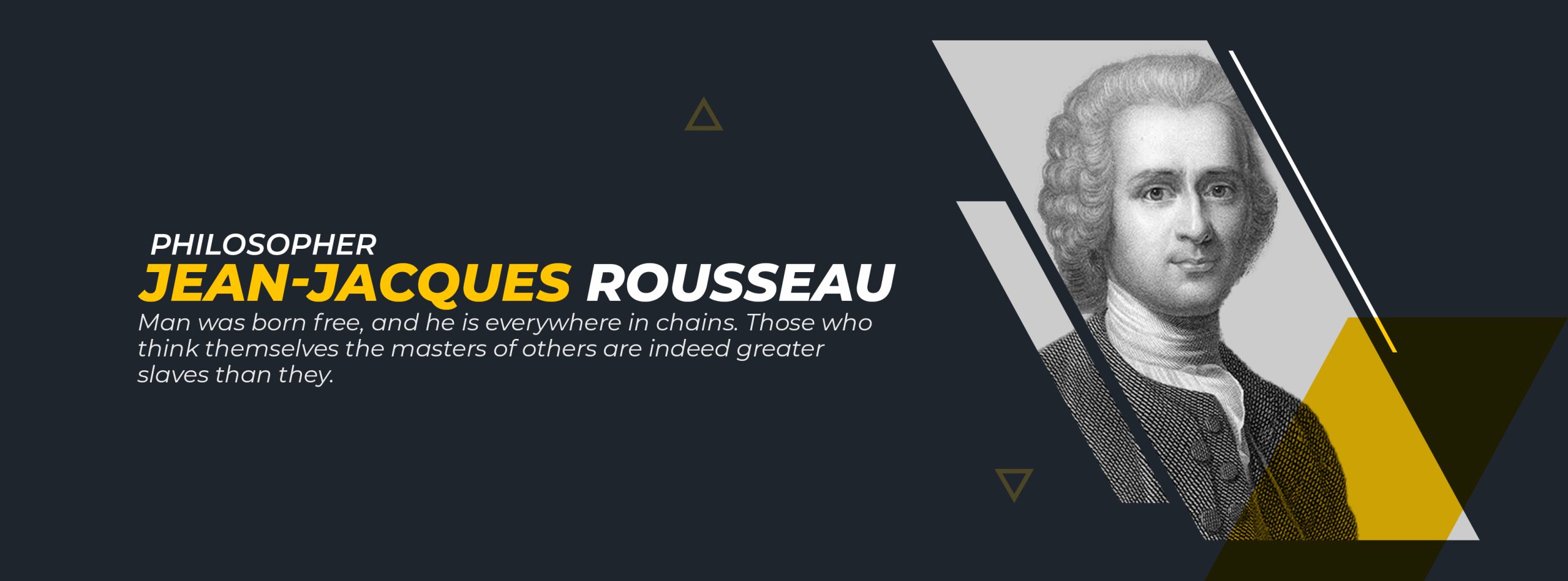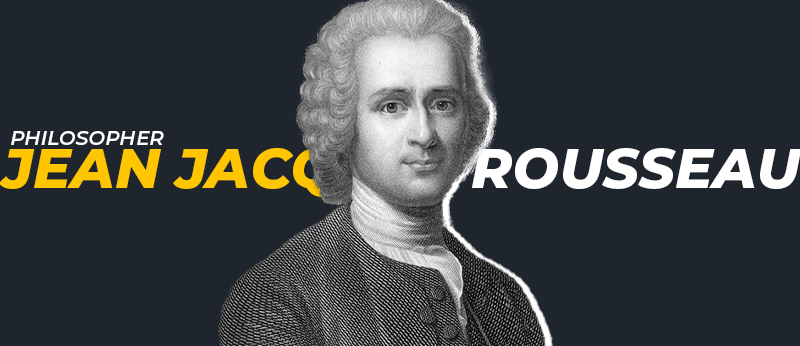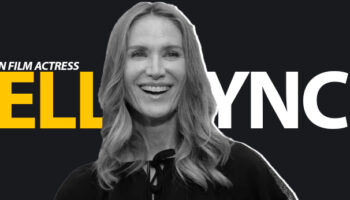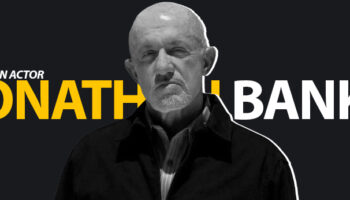Top 10 most inspiring quotes by Jean-Jacques Rousseau
- People who know little are usually great talkers, while men who know much say little.
- The world of reality has its limits; the world of imagination is boundless.
- I am not made like any of those I have seen. I venture to believe that I am not made like any of those who are in existence. If I am not better, at least I am different.
- I would rather be a man of paradoxes than a man of prejudices.
- It is too difficult to think nobly when one thinks only of earning a living.
- To write a good love letter, you ought to begin without knowing what you mean to say, and to finish without knowing what you have written.
- Why should we build our happiness on the opinons of others, when we can find it in our own hearts?
- Those that are most slow in making a promise are the most faithful in the performance of it.
- Man was born free, and he is everywhere in chains. Those who think themselves the masters of others are indeed greater slaves than they.
- I have never thought, for my part, that man’s freedom consists in his being able to do whatever he wills, but that he should not, by any human power, be forced to do what is against his will.

Jean-Jacques Rousseau (1712-1778) was a Genevan philosopher, writer, and composer who played a significant role in the Enlightenment era. He is widely regarded as one of the most influential thinkers of the 18th century, particularly in the fields of political philosophy, education, and literature. Rousseau’s ideas and writings had a profound impact on the development of modern political and social thought.
Born in Geneva, Switzerland, on June 28, 1712, Rousseau had a tumultuous personal life and faced numerous challenges throughout his early years. He was orphaned at the age of 10 and was raised by his aunt and uncle. Despite limited formal education, Rousseau developed a passion for learning and became a voracious reader.
Rousseau gained recognition for his essay titled “Discourse on the Sciences and Arts” (1750), in which he argued that civilization and progress had corrupted human morality and led to inequality. This work marked the beginning of Rousseau’s philosophical career and set the stage for his subsequent writings.
In his most famous work, “The Social Contract” (1762), Rousseau proposed a theory of government based on the idea of the general will. He argued that a just and legitimate government must be founded on the consent of the governed and should aim to preserve the freedom and equality of its citizens. Rousseau’s ideas about democracy and popular sovereignty greatly influenced the French Revolution and the development of modern democratic theory.
Rousseau also made significant contributions to the field of education. In his treatise “Emile, or On Education” (1762), he presented his ideas on the importance of nurturing the natural development of children and promoting their individual freedom and autonomy.
Apart from his philosophical works, Rousseau wrote several autobiographical and fictional works, including “Confessions” (1782), an introspective account of his life, and “Julie, or the New Heloise” (1761), a novel exploring themes of love and passion.
Jean-Jacques Rousseau’s ideas were highly controversial during his time and sparked debates among intellectuals and political thinkers. His emphasis on the importance of individual freedom and his critique of social inequality continue to resonate in contemporary discussions about politics, society, and education. Rousseau’s profound influence on subsequent generations makes him an enduring figure in the history of philosophy and political thought.
👉Listen to the best music from all over the world at www.liveonlineradio.net #Jean_Jacques_Rousseau #quotes #FM #Online_radio #radio #live_online_radio #live #world_radio





